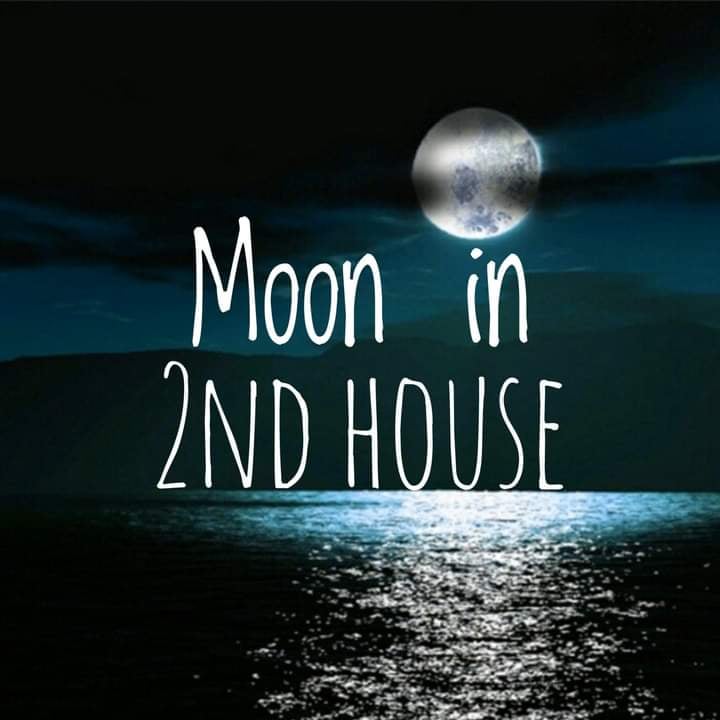Okay, so, today I wanted to share my experience with what they call “Moon in the Second House.” Sounds fancy, right? But it’s not as complicated as you might think. Basically, it’s all about how your feelings and your money are tied together. And let me tell you, it’s been a bit of a rollercoaster.

I first stumbled upon this whole astrology thing a while back, probably like you are now, just browsing and reading stuff, and I noticed that my moon is in what’s called the “Second House.” At first, I was like, “What does that even mean?” But then I dug a little deeper.
This “Second House” thing, from what I gather, is all about your possessions, your income, your sense of worth, and how you manage your money. And the Moon, well, that’s all about your emotions, your instincts, your inner self, how you feel safe and secure. So, when you put the two together, it’s like your feelings of security are wrapped up in how much stuff you have and how much money is in the bank.
I started looking at my own life, and I saw it started to make sense. I got the urge to start tracking my finances. I grabbed a notebook and just started writing down everything I spent. Every coffee, every bus ticket, every little thing. And then I’d add up my income and see where it was all going.
Then came the tough part, realizing that I used to spend money to feel better, I started seeing a pattern. Whenever I was feeling down or stressed, I’d buy something. New clothes, some fancy gadget, eating out at a nice restaurant—it didn’t really matter what. It was like a quick fix, a little boost of happiness. But it never lasted. And then I’d feel worse because I’d blown my budget, and that made me more stressed. It was a vicious cycle. A very vicious cycle, to say the least.
I started to really think about my spending habits. I made a budget. I know, boring, right? But it was actually kind of eye-opening. I wrote down how much I needed for essentials, like rent and food, and then I started to see how much I was wasting on stuff I didn’t really need. This helped me to stop impulsive buys.

- Write it down: I started keeping a simple journal of my feelings and my spending. It helped me see the connection.
- Set limits: I gave myself a little “fun money” each week, but once it was gone, it was gone. No more dipping into savings.
- Find other ways to feel good: Instead of shopping, I started doing things that made me feel good without spending money. Like, taking a walk in the park, reading a book, calling a friend, or cooking a meal for my family.
It wasn’t easy, and I’m still working on it. It’s not like I’m suddenly a financial guru or anything. But I’m definitely more aware of how my emotions affect my wallet. And I’m learning to find that sense of security and comfort in things that don’t cost money.
I guess what I’m trying to say is, if you’re curious about this whole “Moon in the Second House” thing, take a look at your own life. It’s not about becoming a millionaire or living like a monk. It’s about understanding that your feelings and your finances are connected, and finding a healthy balance between the two. It’s a journey, but it’s one that’s definitely worth taking.
This whole experience has really helped me understand myself a little better. It’s like I’ve finally figured out how to make my emotions and my money work together, instead of against each other. And that feels pretty darn good.